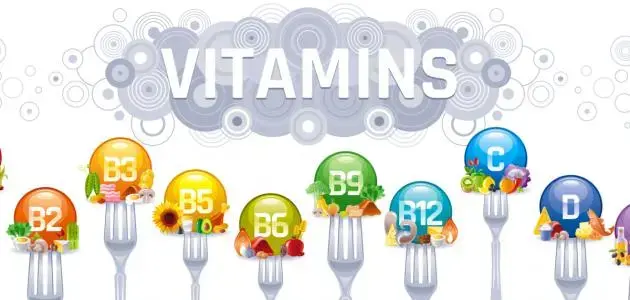Maintaining healthy hair requires a variety of essential vitamins. Below are some of the most important vitamins known to support hair health:
Vitamin E
Vitamin E has long been recognized for its benefits to skin and hair health. It contains powerful antioxidants called tocotrienols, which help maintain a healthy scalp. Studies have shown that tocotrienol supplements can reduce alopecia and prevent hair loss. Vitamin E is available in capsules and liquid forms, making it easy to incorporate into your daily diet. Foods rich in vitamin E include wheat germ, spinach, kale, and almonds.
B Complex Vitamins
The B complex group includes thiamine, riboflavin, niacin, pantothenic acid, pyridoxine, biotin, folic acid, and cobalamin. These vitamins support hair growth and overall health. Sources of B vitamins include grains, vegetables such as cauliflower, carrots, and dark leafy greens, as well as meats like liver, poultry, eggs, soybeans, nuts, avocado, and legumes. Since B vitamins are water-soluble and excreted through urine, daily intake is necessary.
Vitamin A
Vitamin A helps stimulate the production of scalp oils, preventing hair dryness. Beta-carotene, the most common form of vitamin A, is found in many orange and dark-colored fruits and vegetables such as carrots, cantaloupe, peaches, sweet potatoes, spinach, and other leafy greens. A deficiency in vitamin A can lead to dry, brittle hair.
Vitamin C
Vitamin C is crucial for producing collagen, a vital structural protein that strengthens hair. As a potent antioxidant, it fights free radicals that can damage hair tissue, leading to weakness and breakage. A lack of vitamin C may result in hair breakage and shedding. Excellent sources of vitamin C include oranges, bell peppers, and strawberries.
Vitamin D
Vitamin D is essential for healthy hair follicles, especially in individuals living in areas with limited sunlight exposure, such as northern regions of the United States. Moderate sun exposure can provide sufficient vitamin D, which is also available in supplement form. Foods rich in vitamin D include cod liver oil, canned sardines, soy products, eggs, mushrooms, salami, and sausages.
Minerals Beneficial for Hair
Magnesium
Magnesium is vital for nourishing the scalp and promoting strong, healthy hair growth. It is abundant in foods like dark leafy greens, nuts, seeds, lentils, beans, avocado, whole grains, sunflower seeds, fish, dried herbs, and spices.
Iron
Iron supports longer and stronger hair growth. Iron-rich foods include red meat, tofu, cocoa powder, white beans, lentils, pumpkin seeds, shellfish, and peanuts. When natural dietary sources are insufficient, iron-enriched hair care products may be used.
Zinc
Zinc plays a key role in protein and enzyme production, immune system health, DNA synthesis, and maintaining strong hair. Zinc deficiency can cause hair loss, making zinc supplementation a common component of hair growth treatments. Natural zinc sources include roasted peanuts, lamb, dark chocolate, sesame seeds, dried herbs and spices, wheat germ, cooked shellfish, pumpkin, veal liver, and beef.
Tips for Maintaining Healthy Hair
- Avoid washing hair daily; limit to twice a week.
- Use a high-quality conditioner regularly.
- Detangle hair gently with a wide-tooth comb to reduce breakage.
- Do not rub hair vigorously with a towel to dry; it increases breakage.
- Use natural hair masks at least once a month.
- Drink at least two liters of water daily to keep hair and body hydrated.
- Avoid hair dryers; let hair dry naturally to prevent dryness caused by heat.
- Massage the scalp during washing to stimulate blood circulation and prevent dandruff.
- Apply natural oils such as olive oil, citrus oils, coconut oil, or peppermint oil to nourish hair and add shine.
- Follow a balanced diet rich in omega-3 fatty acids, which strengthen hair and nails. Key foods include flaxseed oil, walnuts, fish, seafood, green peppers, onions, and cauliflower.
- Ensure adequate intake of vitamin B6 and folic acid from sources like liver, egg yolks, poultry, legumes, and soy products.
Leave a comment
Your email address will not be published. Required fields are marked *




